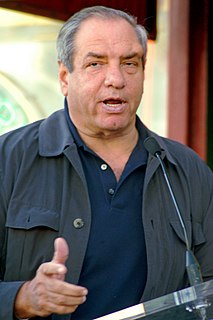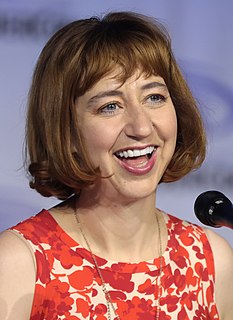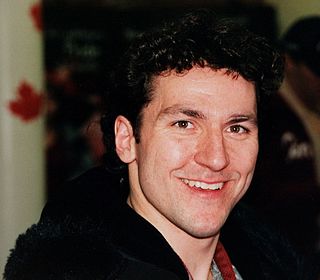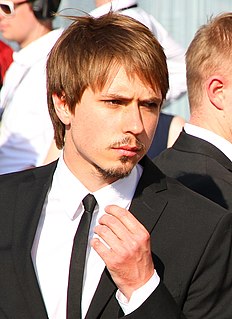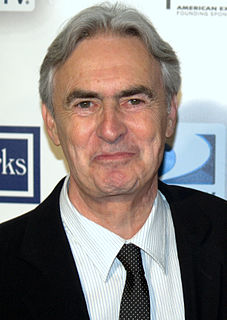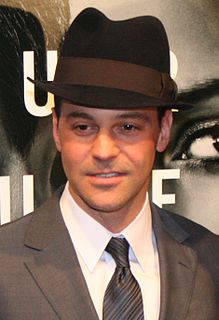A Quote by Simone Giertz
Programming is a pretty tricky thing to start learning. You need to combine it with comedy to get a wider audience.
Related Quotes
You have to assume that you're talking to the most intelligent, tuned-in audience you could ever get. That's the way you're going to get the best out of people. Whether they know you or not shouldn't matter for comedy. They should get to know you pretty quickly. and they should be having a good time pretty quickly.
Comedy can be more difficult than drama. It requires more attention to timing. In the theater, you're always dependent on the audience for the energy, but in comedy the feedback you get is more important. You can judge by the quickness and the length of the laugh just where you stand with the audience.






